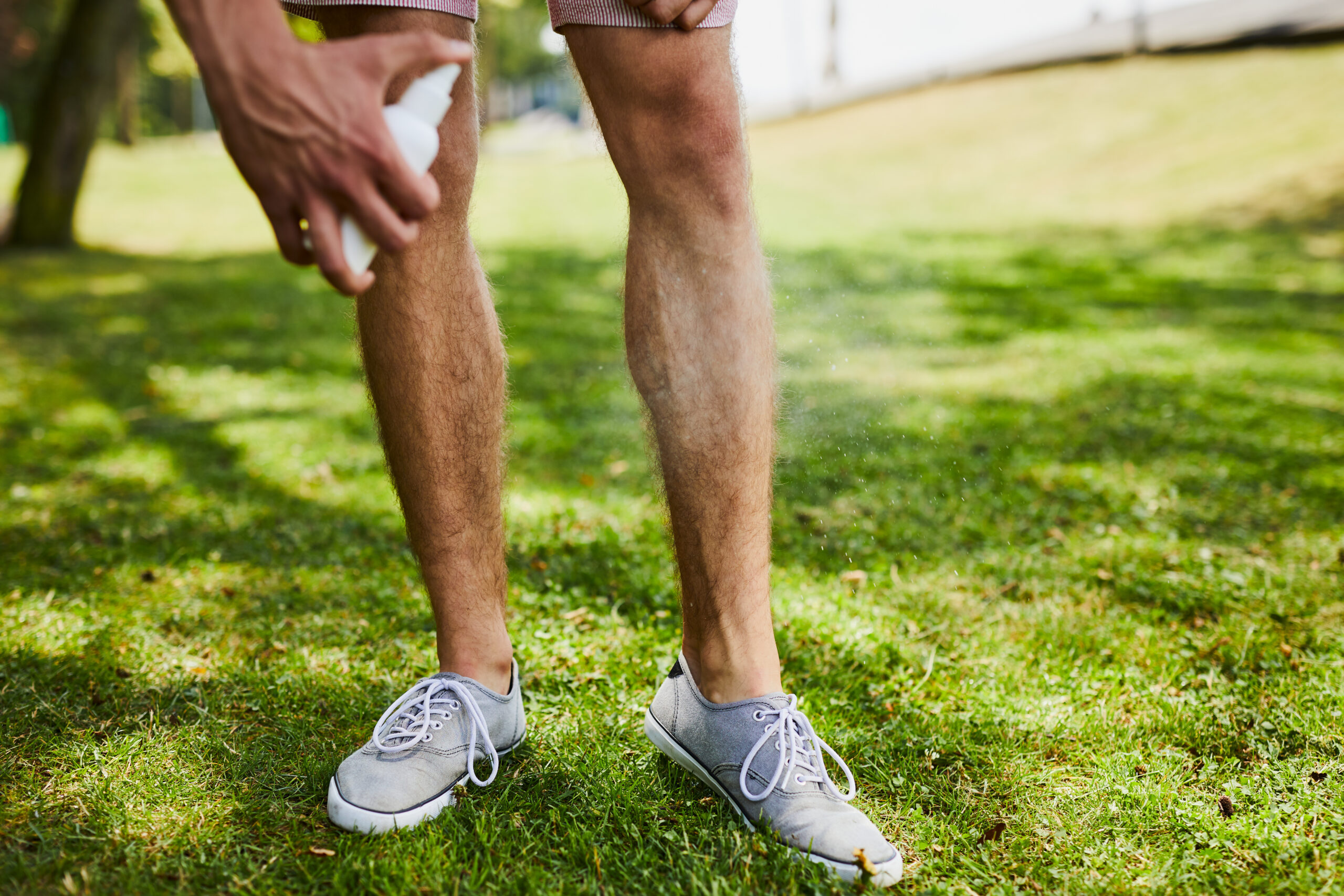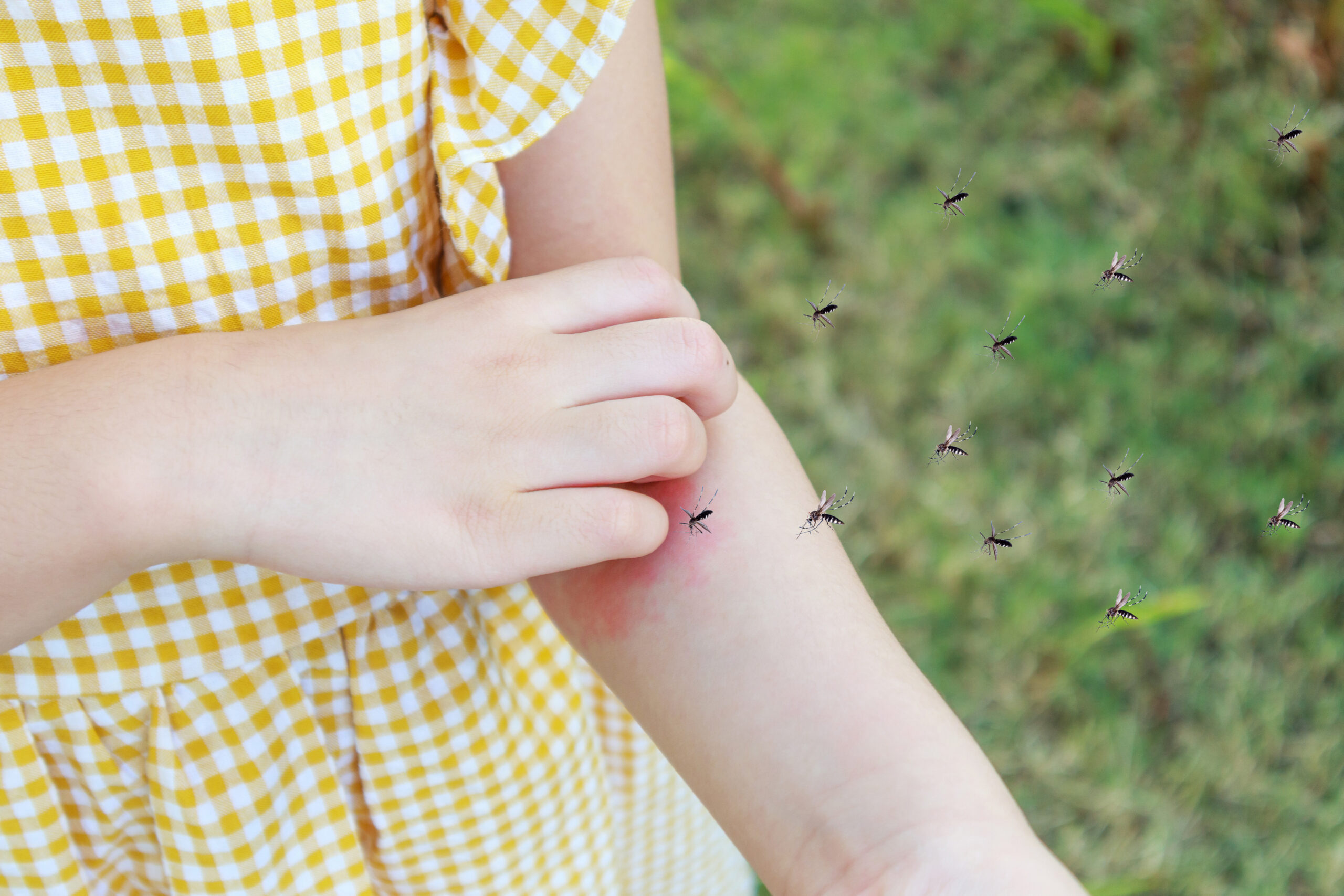Insect bites can put a damper on outdoor activities and pose potential health risks. To protect yourself and your loved ones from pesky insects, it’s important to choose and use the right insect repellent products. With a wide range of options available, it can be overwhelming to decide which one is most effective and safe. Let’s discuss the process of selecting and using insect repellents to ensure optimal protection against bugs while minimizing any potential risks.

Understand the Types of Insect Repellents
Before diving into the selection process, it’s essential to understand the different types of insect repellents available on the market. The most common types include:
- DEET: N,N-diethyl-meta-toluamide (DEET) is a widely used and effective chemical repellent. It provides long-lasting protection against mosquitoes, ticks, and other biting insects. DEET-based repellents are available in various concentrations, with higher concentrations offering longer protection. However, it’s important to note that DEET can cause skin irritation in some individuals.
- Picaridin: Picaridin is a synthetic repellent that is equally effective against mosquitoes and ticks. It has a non-greasy feel and doesn’t damage plastic or synthetic materials. Picaridin-based repellents are considered less irritating to the skin compared to DEET.
- Oil of Lemon Eucalyptus (OLE): Derived from the lemon eucalyptus tree, OLE is a plant-based repellent that offers protection similar to low-concentration DEET products. It is an effective alternative for individuals who prefer natural options. However, it’s important to note that OLE is not recommended for children under the age of three.
- Permethrin: Permethrin is a repellent that is applied directly to clothing, gear, and mosquito nets rather than to the skin. It repels and kills insects on contact, providing excellent protection against mosquitoes and ticks. Permethrin-treated clothing remains effective even after multiple washes.

Consider Your Needs and Environment
When selecting an insect repellent, it’s important to consider your specific needs and the environment you’ll be in. Factors to consider include:
- Duration of outdoor activities: If you plan to spend an extended period outdoors, opt for a repellent with a higher concentration of active ingredients to ensure longer protection.
- Geographic location: Different regions have varying insect populations and diseases carried by insects. Research the prevalent pests in your area and choose a repellent that specifically targets those insects.
- Age and health concerns: Some repellents may not be suitable for young children, pregnant women, or individuals with sensitive skin or allergies. Read product labels carefully and consult a healthcare professional if necessary.
- Type of activity: If you’ll be engaging in water-based activities, look for water-resistant repellents that will remain effective even when you sweat or come into contact with water.

Proper Application and Usage Tips
To maximize the effectiveness of insect repellents and minimize any potential risks, follow these application and usage tips:
- Read and follow product instructions: Different products may have specific instructions for application and reapplication intervals. Pay close attention to these guidelines.
- Apply repellents on exposed skin and clothing: Cover exposed areas of skin, but avoid applying repellents near the eyes, mouth, or open wounds. Apply to clothing as well for added protection.
- Avoid over-application: Applying more repellent than necessary doesn’t increase its effectiveness. Follow the recommended dosage to minimize any potential adverse effects.
- Reapply as needed: Repellent effectiveness varies depending on the product and environmental conditions. Reapply as instructed, especially after swimming or sweating.
- Proper storage: Store insect repellents in a cool, dry place, away from direct sunlight and extreme temperatures. Check expiration dates and dispose of expired products.

Selecting and using the right insect repellent products is crucial for protecting yourself and your loved ones from insect bites and the potential health risks they pose. Stay informed, stay protected, and enjoy your time outside without the annoyance of those pesky insects.
If you’re looking for an experienced and professional pest company in the Central Virginia area, PestNow of Central Virginia is a veteran-owned and operated local business offering professional pest-control services throughout the Richmond, Fredericksburg, and Northern Neck areas. When you work with PestNow CVA, you get the best of both worlds: The support of the nationwide PestNow organization and the personalized service, individual attention and professional expertise of the local Virginians who own and operate our three locations. We hope that you’ll reach out to us so we can help protect you and your home from all kinds of pests and critters.



